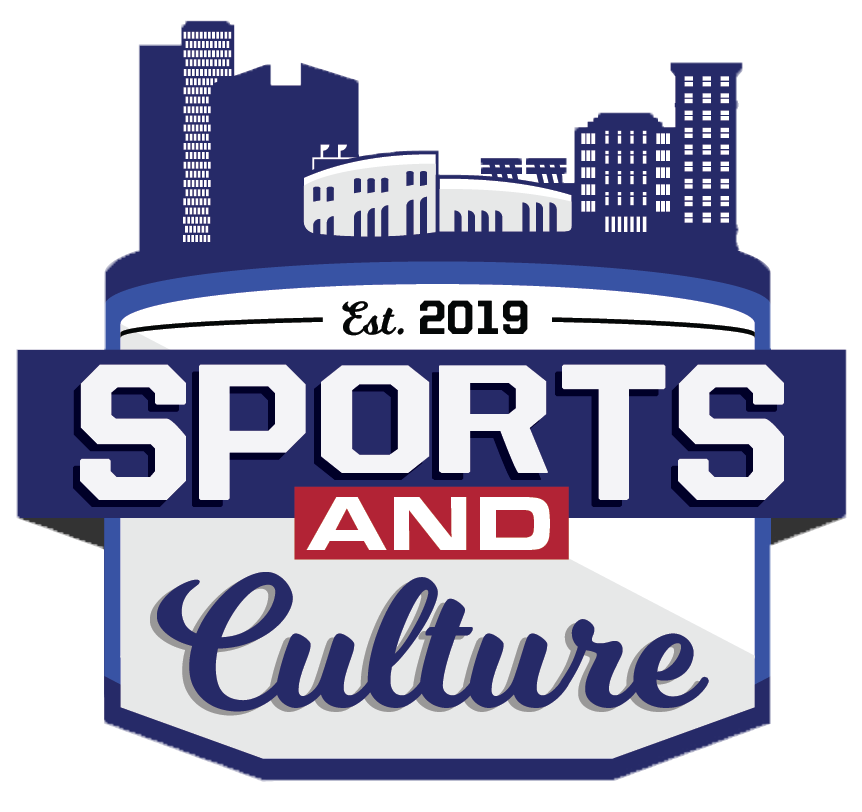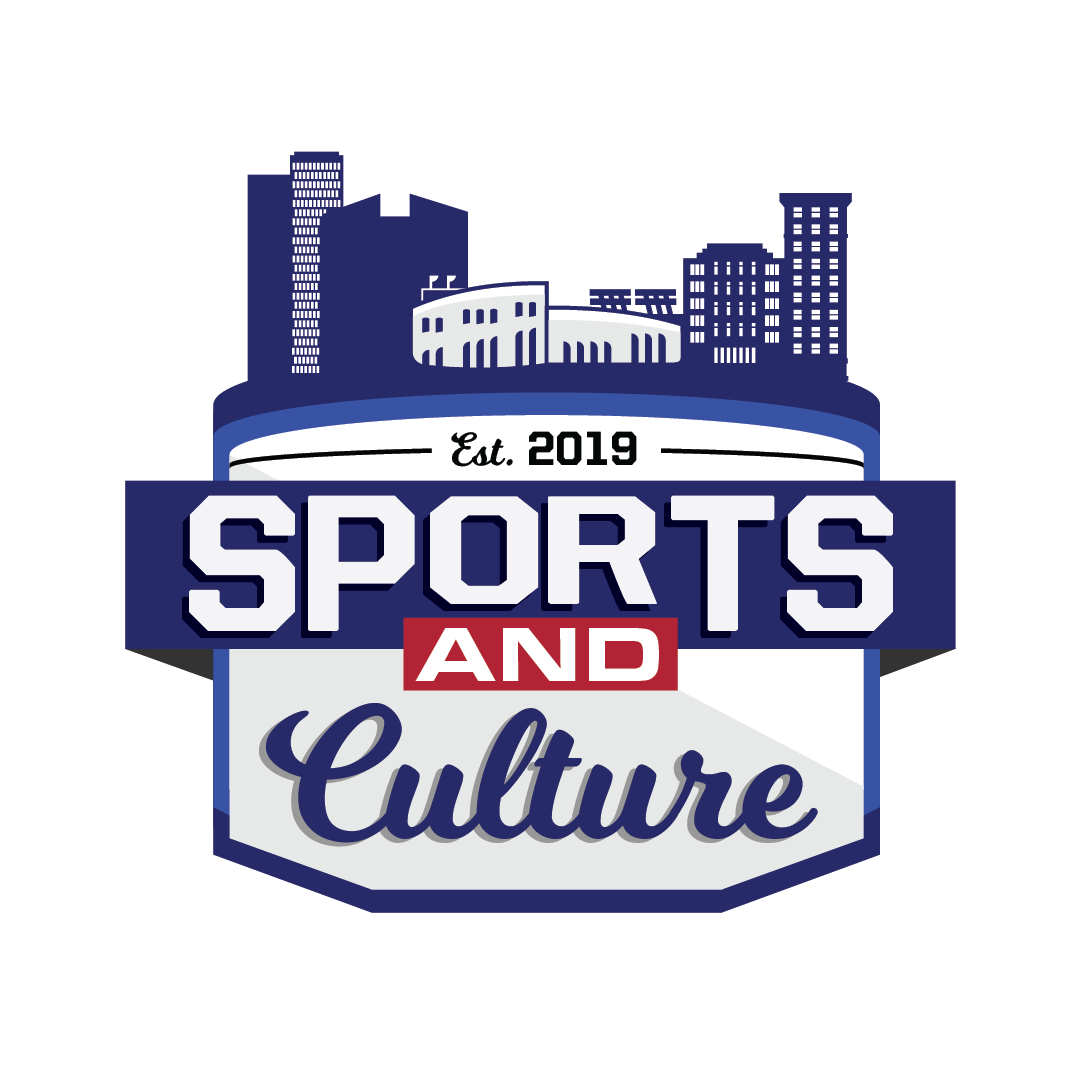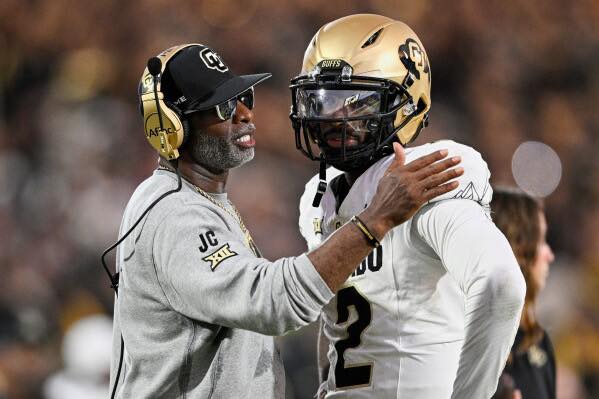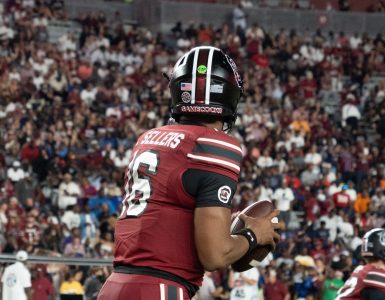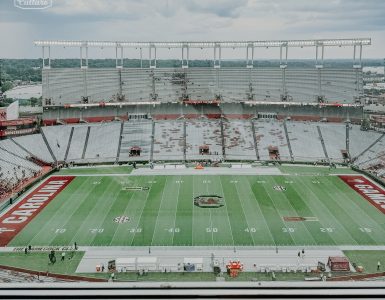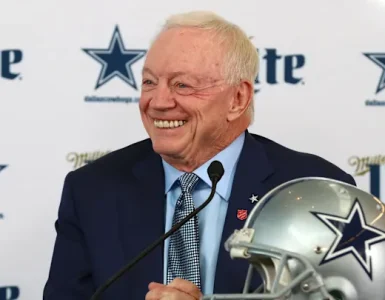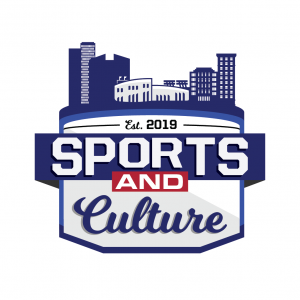What unfolded yesterday had little to do with humility, talent, or organizational needs. Instead, it served as yet another stark reminder of the power the media holds and how personal vendettas can significantly impact outcomes—particularly in moments like free agency, Hall of Fame voting, and the NFL Draft.
The criticism aimed at Shedeur Sanders wasn’t a reflection of his character, but rather a retaliatory shot at his father, Deion “Prime” Sanders. Prime has accumulated a long list of adversaries over the years—from his playing days, through his time as a media figure, to his current role in coaching. That history has clearly followed his son into the evaluation process.
I’ve had the opportunity to interview Shedeur Sanders twice, both times during his tenure at Jackson State. These were not heavily-covered events; one interview featured just three reporters. Yet in both instances, Shedeur was respectful, articulate, and humble. On one particularly sweltering day, with locker room temperatures soaring above 100 degrees due to a lack of air conditioning, he paused the interview to get water for an older reporter before continuing, ensuring we were all okay before answering every question thoughtfully.
When asked how he planned to spend his first NFL paycheck, his response reflected maturity beyond his years: “I have everything I’ve already wanted and have experienced everything most NFL rookies want to experience. So I can come into an organization and focus completely on my craft and lock in every day.”
Moments like this underscore a troubling pattern we’ve seen before. Terrell Owens, despite his on-field dominance, wasn’t a first-ballot Hall of Famer. Chris Carter had to wait. And time and again, we witness transformative players fall in the draft after character-damaging reports “coincidentally” surface during the Combine or in the days leading up to the draft.
Behind closed doors, some media members have admitted to withholding Hall of Fame votes over trivial interactions…like a player not answering a question the “right” way. For Shedeur, some teams entered the process with preconceived notions based solely on his last name. When he declined a meeting with certain franchises, it was perceived not as a scheduling choice, but as arrogance…ammunition for an already-biased narrative.
Yet, despite the negative press and the political undertones that often influence the process, there’s a silver lining. Sanders may now land with a team where he can sit, learn, and develop rather than being thrown into the fire as a quick fix for a struggling organization. The pressure will ease, and his immense talent will have room to flourish.
The NFL has a history of “making examples” out of players. But in Shedeur Sanders’ case, the league would be making a mistake to let personal bias override the chance to draft a franchise quarterback with first-round talent on Day 2. Some examples are better left unmade.
